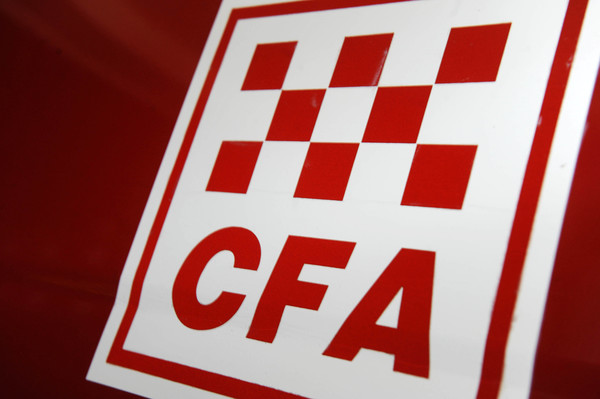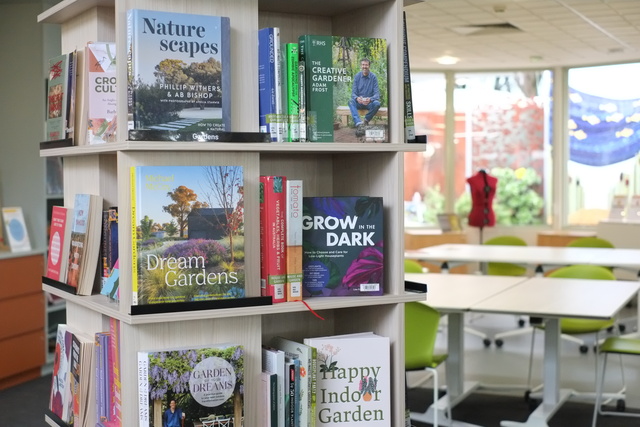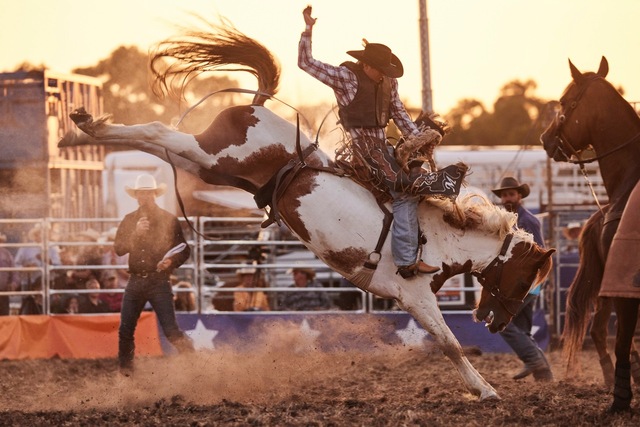Healesville residents with the heat of summer finally upon us, the fire season has begun.
CFA has announced fire restrictions for Yarra Ranges Shire beginning 1am on Monday 10 January.
With a fire danger period being declared, fires cannot be lit in open air without a permit from CFA or a municipal fire prevention officer.
Victoria has received an above average amount of rainfall recently, which has led to greater growth of pastures around paddocks and roadsides.
The CFA said this is likely to increase the risk of grassfires throughout the summer period.
District 13 Assistant Fire Officer David Renkin said that even an average fire season can still be a bad one.
“Conditions through the last fire season were similar to what we’re expecting this year, and during those months we saw significant grass fires in the north and west of the state,” he said.
“Once again we’ve had plenty of winter and spring rainfall and now as the grass and bush rapidly dry out across District 13, the warmer weather, increased yield and potential fuel will mean the fire potential is heightened.”
Grassland and drier forests including woodlands and heathlands have been assessed as normal, however, shorter-duration fires are still likely to occur on hot, dry and windy days.
Mr Renkin said any additional rainfall Victoria experiences will produce more growth, which could very easily result in an even higher fuel load throughout the summer season if not properly managed.
“Reducing fuel loads by residents around their properties in these areas will ensure if a fire does break out, it has less chance of taking hold or spreading,” he said.
“While CFA and our partner agencies Fire Rescue Victoria and Forest Fire Management Victoria are doing everything we can to prepare for the bushfire season, we look to the community to use common sense and take responsibility for preventing fires.”
Fire danger periods are based on local conditions and take into account fuel moisture, fuel loads, weather and rainfall.
During a fire danger period a written permit is required to burn off grass, undergrowth, weeds or other vegetation.
ACFO Renkin said there is still an opportunity to clean up properties if that work hasn’t already been done.
“Out-of-control burn-offs and unregistered burn-offs have already caused unnecessary callouts to brigades,” he said.
“You should also check and monitor weather conditions and not burn off in windy conditions or if high winds are forecast – not only on the day of your burn but for the days afterwards,
“More information about burn-off restrictions specific to your area can be found by consulting your local council.”







